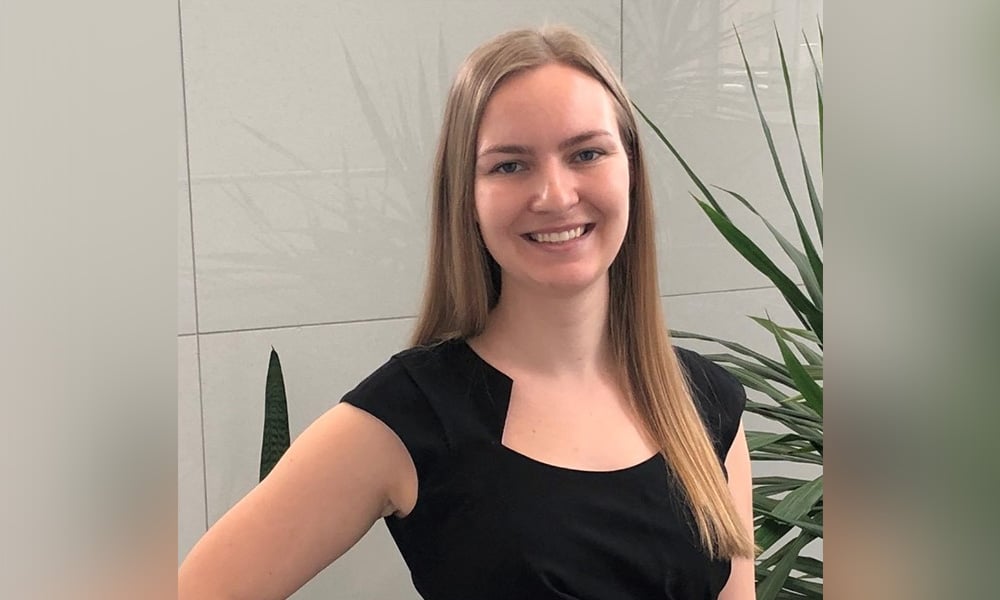
First time Grismer/Meiorin test applied in university admissions context, says lawyer

The Court of Appeal has found the University of Waterloo discriminated against a disabled man when it refused him admission, and the man’s lawyer says the case is the first time an Ontario court has used an accommodation test common in employment law in the university admissions context.
Roch Longueépée took the university to the Human Rights Tribunal of Ontario, alleging he was discriminated against based on his disabilities, but had his application dismissed. He sought judicial review, which was granted, and the Divisional Court found the HRTO had erred in finding he had been reasonably accommodated. Waterloo appealed. In a decision released Dec. 21, Court of Appeal Justices George Strathy, Katherine van Rensburg and Peter Lauwers set aside the Divisional Court’s remedy, substituted an order declaring the University had indeed discriminated against Longueépée and referred the case back to the HRTO for a new remedy.
“[The decision] sets out a framework for showing that accommodation has to be substantive at all stages. It's not enough to just pay lip service to there being a need for accommodation. And it's great that that's come down from Ontario's highest court,” says Laura Lepine, who represented Longueépée, along with David Baker.
Typically seen in questions concerning accommodation in a workplace, Longueépée v. University of Waterloo was the first time the Grismer/Meiorin test was used in the context of accommodation within a university, says Lepine.
“The court grappled a bit with universities being unique and being entitled to control their admissions procedures,” she says. “There's no requirement that they admit any particular person. But the idea that this test nevertheless applies to them in the admissions context. That is new. And I think that is exciting.”
Longueépée had applied to Waterloo as a mature student, hoping to enter the school’s Faculty of Arts for the 2013-2014 academic year. Because he had previously attended two terms at Dalhousie University, Waterloo opted to consider him a transfer student, which required an average of at least 65 per cent.
During childhood, Longueépée had survived severe physical, psychological and sexual abuse. After his time at Dalhousie, he was diagnosed with moderate traumatic brain injury and post-traumatic stress disorder.
Because Longueépée’s then-undiagnosed disabilities had not been accommodated at Dalhousie, Waterloo convened an admissions committee to consider his application, but they eventually refused his admission. In November 2013, Longueépée filed his application with the HRTO.
HRTO Vice Chair Jennifer Scott found that evaluating Longueépée under Waterloo’s grades-based admissions standard was prima facie discrimination. But she decided the school had otherwise reasonably accommodated him during the admissions process. Scott dismissed Longueépée’s application and denied a request for reconsideration.
At the Divisional Court, Justices Graeme Mew, David Corbett and Frederick Myers allowed Longueépée’s judicial review and concluded that Waterloo had fallen short of its duty to accommodate his disabilities.
The Court referred to the Grismer/Meiorin test, which sets out three elements the responding party must show is present, if their requirement or standard has been deemed prima facie discriminatory: rationality, good faith and the standard or requirement must be reasonably necessary to accomplish its purpose or goal. The Court found Waterloo had passed two of three, falling short on the third prong. While the admissions committee recognized Longueépée’s past academic performance was not reflective of his abilities, their decision was “firmly anchored” in them, said the court, which reemitted the matter back to the admissions committee with instructions.
Appealing, Waterloo argued the decision of the HRTO vice chair was reasonable, that the Divisional Court erred in the application of the reasonableness standard of review and should have sent the case back to the HRTO, rather than to the admissions committee.
People with disabilities are “severely underrepresented” in post-secondary education and many issues remain to be solved, says Lepine. But she hopes this case will address the “foot-in-the-door” phase of the university experience.
“It's going to be interesting to see how universities react to this case, and what they put in place in their admissions processes, particularly now that students with disabilities, hopefully, have a clearer understanding of their entitlements.”
Waterloo still can appeal the decision until the deadline on Feb. 19. Lepine says she does not know whether they plan to.